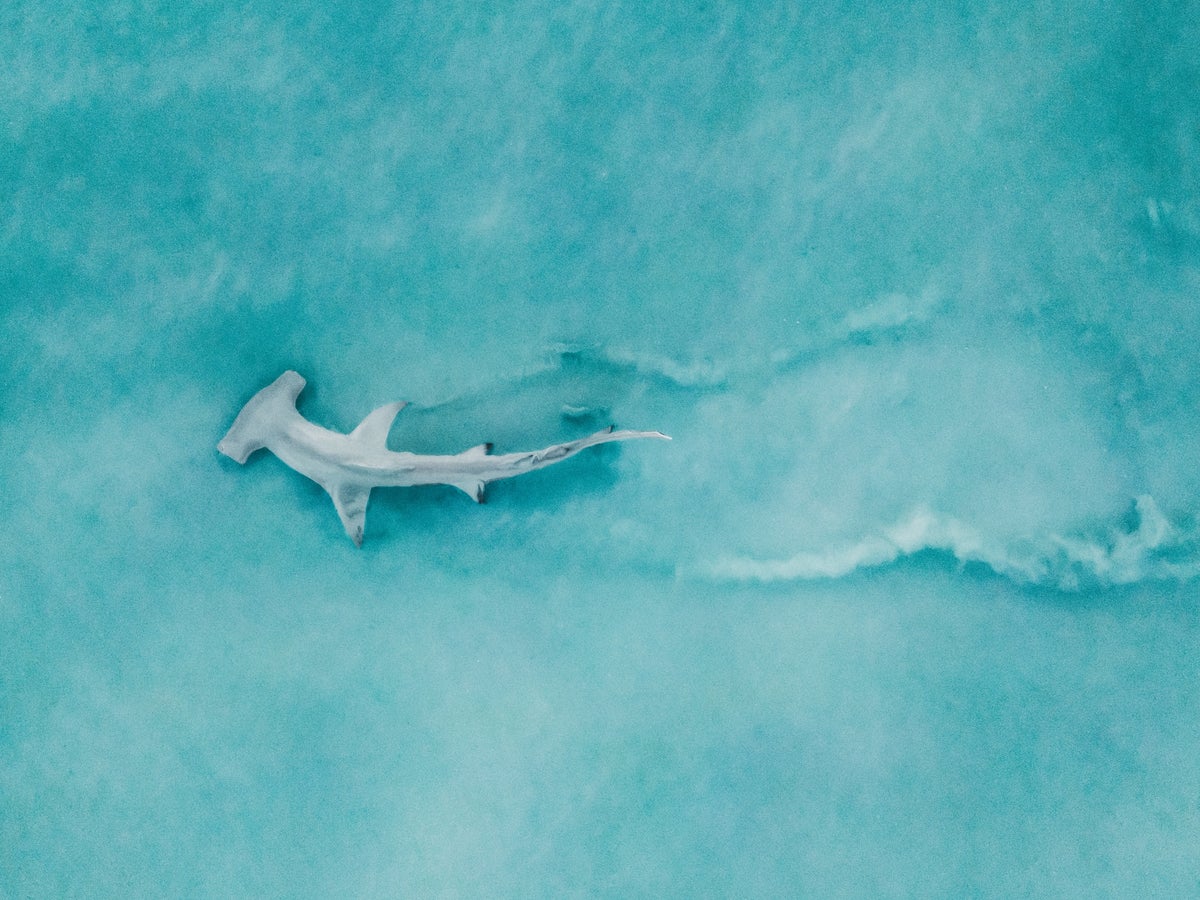
The seafood you just purchased from your local grocery store could contain critically endangered shark species, a new study has found.
Certain endangered species of shark are being mislabeled in the U.S., according to scientists from the University of North Carolina at Chapel Hill who authored the study. Of the samples their team collected, nearly one-third were shown to contain endangered or critically endangered species like the great hammerhead, scalloped hammerhead, tope and shortfin mako sharks. Other samples contained vulnerable species of shark, including the spinner, lemon, common thresher and blacktip shark.
Seafood is a staple in many outdoor athletes’ backcountry kitchen kits. But with the world’s oceans facing threats from climate change and overfishing, some have wondered whether seafood will remain a sustainable option. Although you may not intentionally buy endangered shark meat, some restaurants and distributors list shark on their menus as “rock salmon,” “flake,” and “cazón,” for example.
Since the 1970s, shark populations have declined by more than 70 percent. Globally, one-third of sharks—as well as their cousins, rays and chimaeras—are threatened with extinction, according to the global sustainability authority, the International Union for the Conservation of Nature.
This study contributes to a growing body of research aimed at characterizing threats to the ocean’s apex predators.
“We found critically endangered sharks, including great hammerhead and scalloped hammerhead, being sold in grocery stores, seafood markets, and online,” said Savannah Ryburn, a marine ecologist and study author, in a news statement.
Researchers tested 29 samples of raw shark steaks and shark jerky bought in Washington, D.C., North Carolina, Florida, Georgia, and online. DNA analysis revealed that 93 percent of samples were “ambiguously labeled as ‘shark,’” said Ryburn. One, for example, was labeled as a blacktip shark, which is considered a vulnerable species, but actually contained meat from the endangered shortfin mako.
Though fishing for and consuming shark meat is legal in the U.S., the industry is heavily regulated, according to the National Oceanic and Atmospheric Administration. Regulations dictate what types of species are allowed to be harvested and where. In the U.S., the Shark Conservation Act requires that all sharks, with one exception, be brought to shore with their fins naturally attached. And under the Endangered Species Act, it is illegal to target or harvest an endangered species.
“However, by the time large shark species reach grocery stores and markets, they are often sold as fillets with all distinguishing features removed, making it unlikely that sellers know what species they are offering,” said Ryburn.
Three of the species found in the mislabeled samples—scalloped hammerhead, great hammerhead, and dusky smooth-hound shark—are also known to contain high levels of mercury, which can cause damage to the brain and central nervous system.
Ryburn added that consumers should “avoid purchasing products that lack species-level labeling or traceable sourcing.”
To identify the type of seafood you’re buying or eating, familiarize yourself with labeling and packaging requirements, especially the processor’s certification number. Resources like Seafood Watch and the Marine Stewardship Council will certify whether seafood was caught sustainably.
The post Like Seafood? You May Be Eating Endangered Sharks. appeared first on Outside Online.














